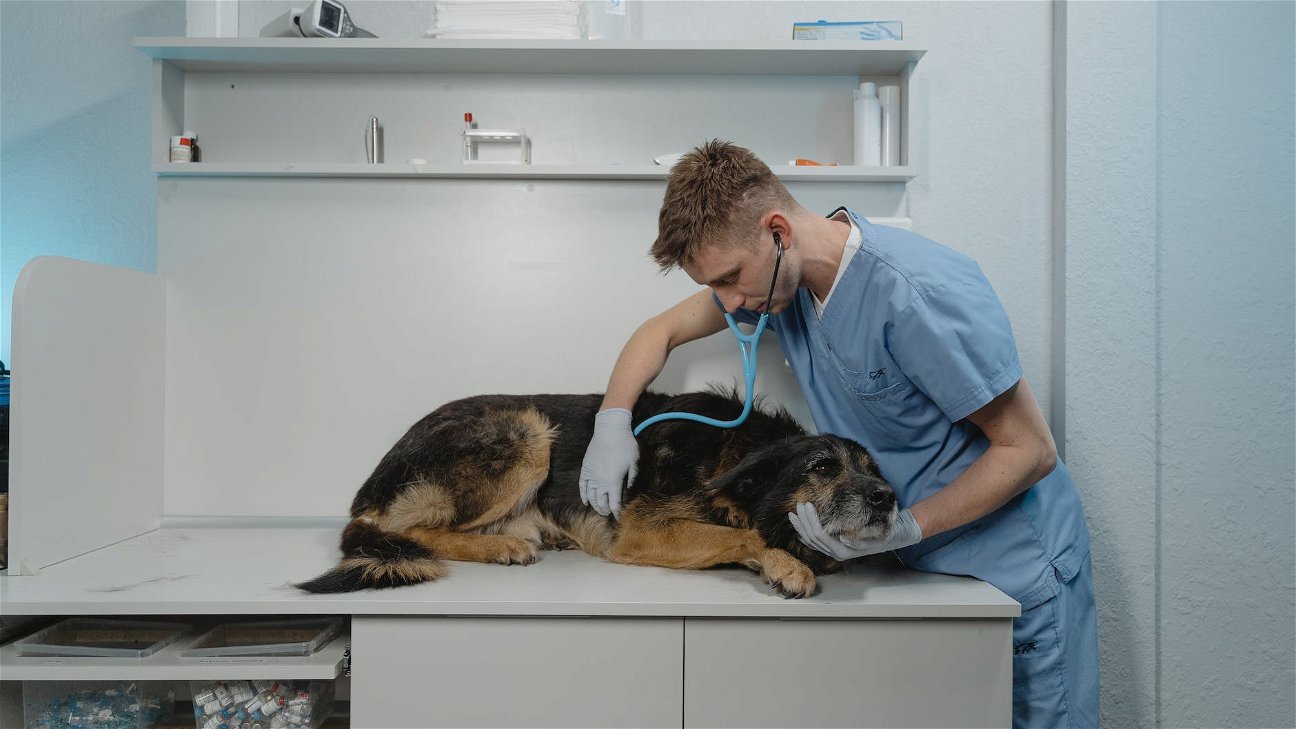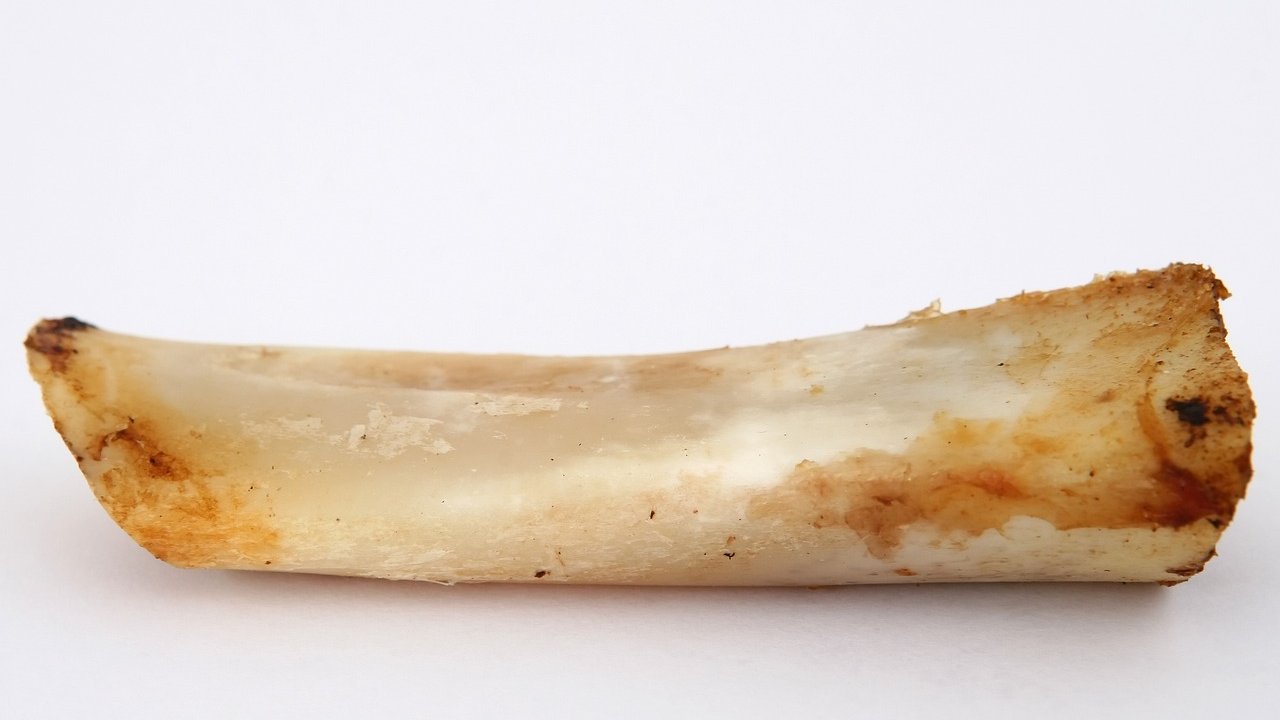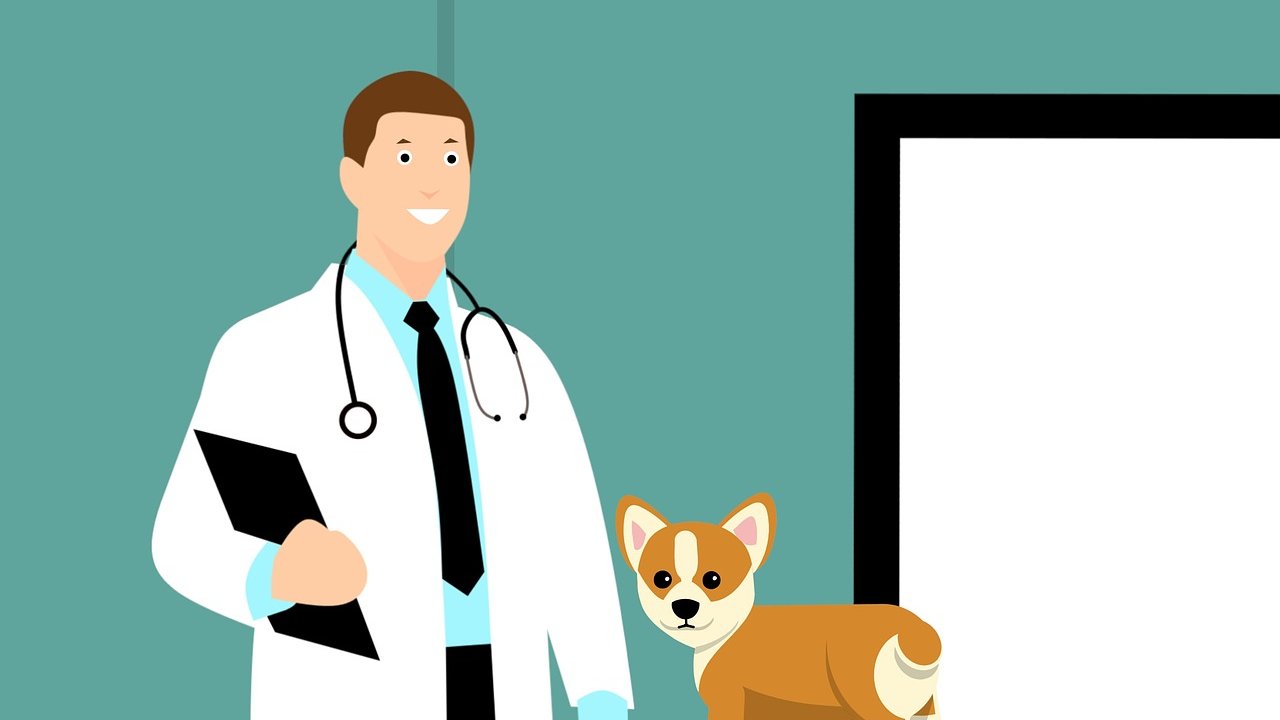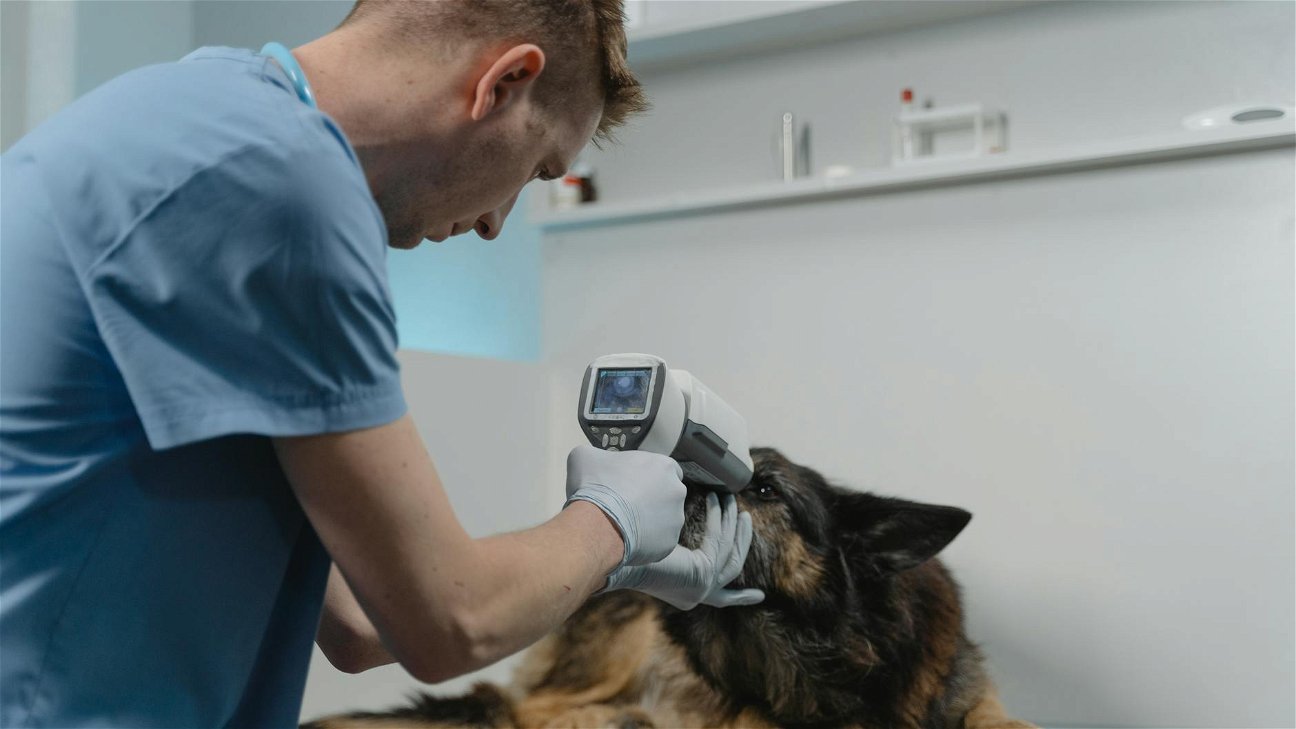
So, you've got a pet bird, and suddenly, eggs start appearing - an exciting yet challenging time for any bird owner. Depending on the species, the process of egg-laying can be quite unique and demands special care. Let's delve into the best practices for handling egg-laying in pet birds.
Signs your pet bird is laying eggs
Before you start seeing eggs, your bird might show some signs that she's ready to lay. These include:
- Increased appetite: Birds need more nutrients to produce eggs, so they might eat more than usual.
- Nesting behavior: Your bird might start collecting materials to build a nest, or spend more time in a secluded part of their cage.
- Change in droppings: You might notice that your bird's droppings are larger than usual, as the egg takes up more space in the body.
How to take care of egg-laying birds
Ensuring your bird's health during this period is paramount. Here are some important considerations.
Diet for egg-laying birds
Egg production requires a lot of calcium. Ensure that your bird's diet is rich in calcium and other needed nutrients. You can supplement their diet with cuttlebone or mineral blocks. Also, feed them plenty of fresh fruits and vegetables.
Creating a suitable laying environment
Your bird will need a quiet, safe place to lay her eggs. Provide plenty of nesting material such as hay, small sticks, or even shredded paper. Keep the cage in a quiet part of the house away from busy areas.
Egg binding in birds
Egg binding is a common but serious condition where a bird is unable to lay her egg. It's often caused by a lack of calcium in the diet, obesity, or an inappropriate laying environment. Signs include straining, restlessness, and loss of appetite. If you suspect egg binding, seek veterinary help immediately.
How to handle bird eggs
If your bird lays eggs, you'll need to decide what to do with them. If the eggs are fertile and you want to let them hatch, you'll need to ensure they're kept at the right temperature and humidity. You might also need an incubator. If the eggs are not fertile or you don't want chicks, you can remove the eggs after a few days.
Preventing egg laying in pet birds
If your bird is laying too many eggs, it can pose health risks. You can discourage egg laying by:
- Limiting daylight hours: Long daylight hours can trigger the breeding instinct in birds. Try to limit your bird's daylight exposure to about 8-10 hours a day.
- Separating birds: If you have a male and female bird together, they're more likely to breed. Consider separating them.
- Rearranging the cage: Change the layout of your bird's cage regularly. This can disrupt the bird's sense of security and discourage nesting.
While egg-laying is a natural process for birds, it requires special care and attention from the owner. Understanding your bird's needs during this time can ensure their health and well-being.










